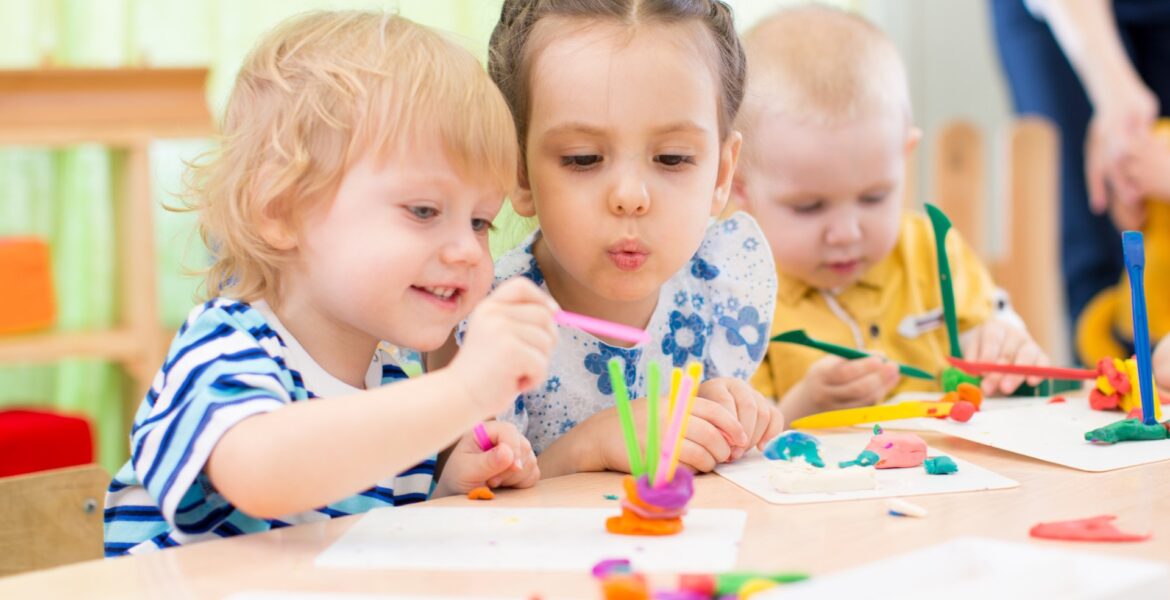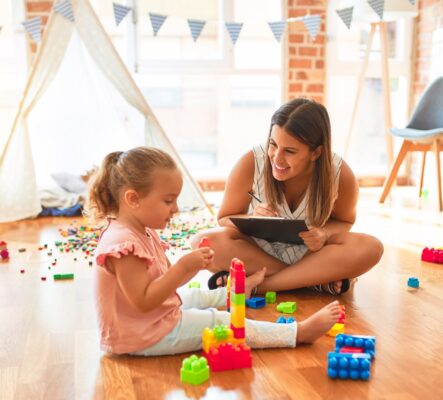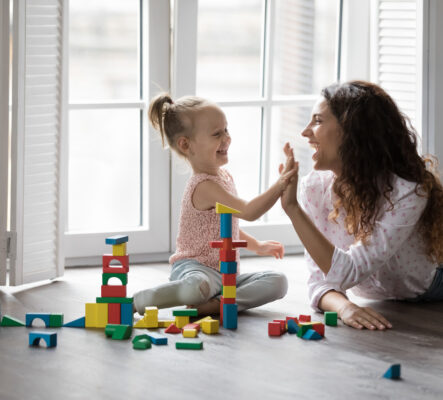
Children with Autism can often have difficulty in their social communication and interactions. This can range from deficits in developing and understanding relationships with others, failure to initiate or respond to social cues not understanding nonverbal communication such as gestures or eye contact, and difficulty sharing in imaginative play or in making friends. This does not necessarily mean children with Autism do not desire to interact with others, they may just need additional support in learning the skills to do so.
What are Social Skills?
Social skills refer to an individual’s ability to communicate with others in a way that is appropriate for social situations. These are the skills needed to form friendships and engage with others in conversations, playing games, and engaging in activities.
How Can We Teach Social Skills?
Buidling up social skills by practicing what to do in social settings can help your child build the confidence they need to introduce themselves and interact with others in the community. Here are our top tips for teaching social skills:
- Practice: Role playing, such as practicing introducing yourselves or inviting others to play a favorite game or activity can help a child who is developing social skills. Playing games together, with a parent or a sibling, can be a great way to reinforce social skills training at home.
- Social Stories: These are stories that visually show the steps to take when interacting with others and working with others to solve problems. For example, using a social story to help your child understand the process of sharing with others, asking others for help, or with understanding their own feelings and the feelings of others.
- Reinforce: Give your child plenty of praise for their hard work in learning and practicing social skills! Learning these skills can be difficult for individuals with Autism, but with lots of practice and reinforcement you are helping guide your child to improved social skills.
- Celebrate strengths: Good sense of humor, a love of music, memorization skills, or a heightened sense of color or visual perspective – all of these can motivate interest in social interactions.
Teaching your child to see social interaction in a positive light can help them form friendships with others and feel more confident when in groups. We know parents want to see their children be successful and happy, and often forming meaningful connections with others can be a great source of those things. Remember, while there are many ways to help a child improve social skills it is important to keep in mind that every child develops differently and has different areas of interests, strengths, and challenges.
Little Spurs Autism Centers offers collaborative and compassionate ABA Therapy to children 0-21 years old. Offering both center-based and home-based care, LSAC is excited to empower families by providing them with the support they need. For more information, please email us at autism@littlespurs.com



